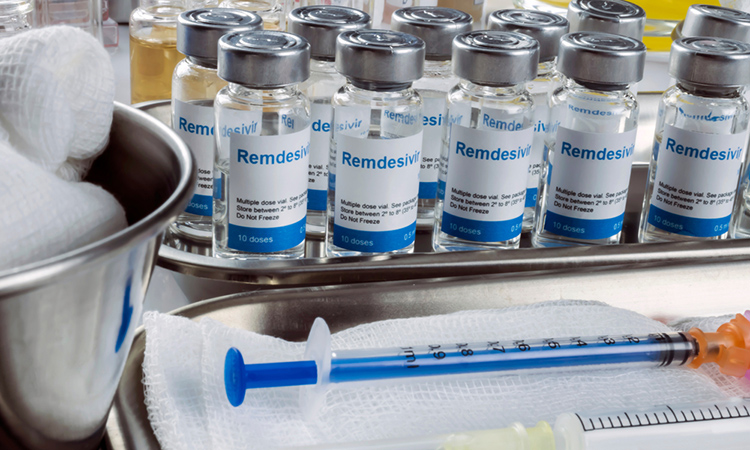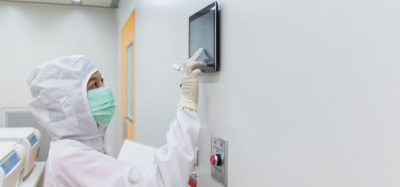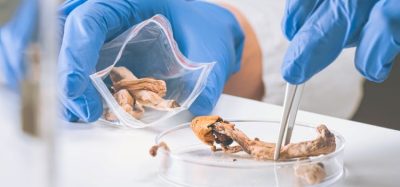Differences in remdesivir efficacy due to trial variances, not drug, report says
Posted: 6 November 2020 | Victoria Rees (European Pharmaceutical Review) | No comments yet
After remdesivir showed little effect against COVID-19 in the SOLIDARITY trial, a new report has suggested this is due to the structure of the study.


According to a new report, the variances in efficacy between clinical trials of remdesivir to treat COVID-19 are due to the differences in the studies, not because of the drug. The report, from Globaldata, says that one of the surprising notes around the interim results of the Phase II/III SOLIDARITY trial for COVID-19 is that remdesivir showed little to no effect. Having shown positive results in previous trials and being the only drug candidate within the trial to be approved for treatment, it was expected to show a much stronger response.
Scotty Chung-Siu, Pharma Analyst at GlobalData, commented: “The results for the SOLIDARITY trial were not published in a peer-reviewed journal. Furthermore, unlike the previous remdesivir trial by the US National Institute of Allergy and Infectious Diseases (NIAID) that found positive results for patients, the SOLIDARITY trial did not have a placebo arm – nor was it double-blinded. Finally, it is not clear how sick patients in the SOLIDARITY trial were when they were hospitalised and because of the variation of healthcare systems in different countries, the criteria for hospitalising patients may have differed.”
The SOLIDARITY trial enrolled patients from March to October and during this time the standard-of-care changed greatly, the report says. Early on, patients were put on ventilators much faster, whereas now there are studies that have found ventilation in some cases worsens symptoms.
Chung-Siu concluded: “While these results are discouraging for finding a magic bullet for COVID-19, the SOLIDARITY trial did show that large-scale international trials are possible during a pandemic with the possibility of drawing conclusions at a rapid pace, as soon as six months. In fact, global clinical trials that were delayed or prevented due to the impact of COVID-19 are returning. The numbers of resumed clinical trials have raised over 800 total trials with telemedicine being one of the main aspects that has been used to overcome these challenges.”
Related topics
Clinical Development, Clinical Trials, Drug Development, QA/QC, Research & Development (R&D)
Related organisations
GlobalData, US National Institute of Allergy and Infectious Diseases (NIAID)









